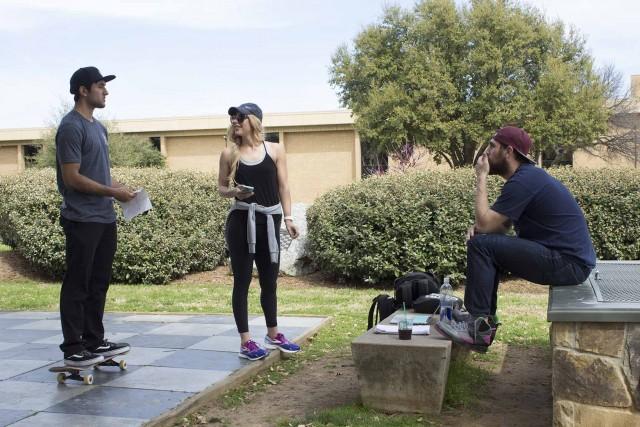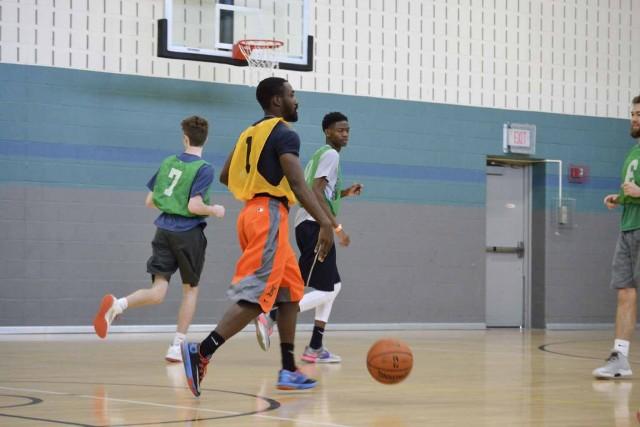By Summa Aholo/ reporter

Bogdan Sierra Miranda/The Collegian
Test anxiety is a common occurrence in which uneasiness and distress before and during a test often lowers performance, students learned at the NW Reducing Test Anxiety workshop March 1.
NW academic learning center adviser Rose Stubblefield shelled out helpful tips to students who needed some tricks for reducing their own test anxiety.
The students were shown a video clip of Mr. Bean — The Exam for a little comedic relief and to show they are not alone when it comes to test anxiety. The video conveyed the most common traits of test anxiety: sweating, shaking, fidgeting and the most prevalent “blanking” on test answers even though one knows the information.
This workshop aimed at helping students identify the indicators of test anxiety, identify signs of anxiety, know what normal anxiety is and recognize a disability masked as test anxiety.
“Don’t be ashamed if you have a disability or don’t be afraid to ask for help,” Stubblefield said.
Many students who have learning disabilities either do not recognize the signs or are embarrassed to ask for help, which in turn leads to poor academic marks, Stubblefield said. This can ultimately lead to depression, low self-esteem, anger and many other negative emotions.
“Test anxiety is very common,” she said. “You are not alone if you suffer it.”
The trick is to recognize the signs and prepare. Many students aren’t aware of the symptoms, which can consist of everything from sweating and dry mouth to nausea or physical illness depending on the severity, Stubblefield said.
Some cognitive symptoms would include things like fidgeting, avoidance, blanking and racing thoughts to severe instances such as substance abuse using downers like prescription medications and alcohol.
“Many students do not prepare adequately,” she said.
Preparation can help reduce many of the symptoms. Some ways to prepare would be joining study groups and study sessions, talking to the instructor, using relaxation techniques to calm the brain such as deep-breathing exercises, visualization and plenty of sleep.
“Studies have shown the best sleep is from 11 p.m. to 5 a.m.,” she said.
Students should always get plenty of sleep before an exam. Not only does it help curb anxiety, but when sleep-deprived, concentration is more difficult, Stubblefield said.
Stubblefield outlined multiple ways to curb test anxiety and reduce stress that comes with the test-taking process.
“I came for tips,” student Carol Alvarez said. “I forget everything that I’ve studied for a while until close to the end. Then I remember little bits, not much.”





























